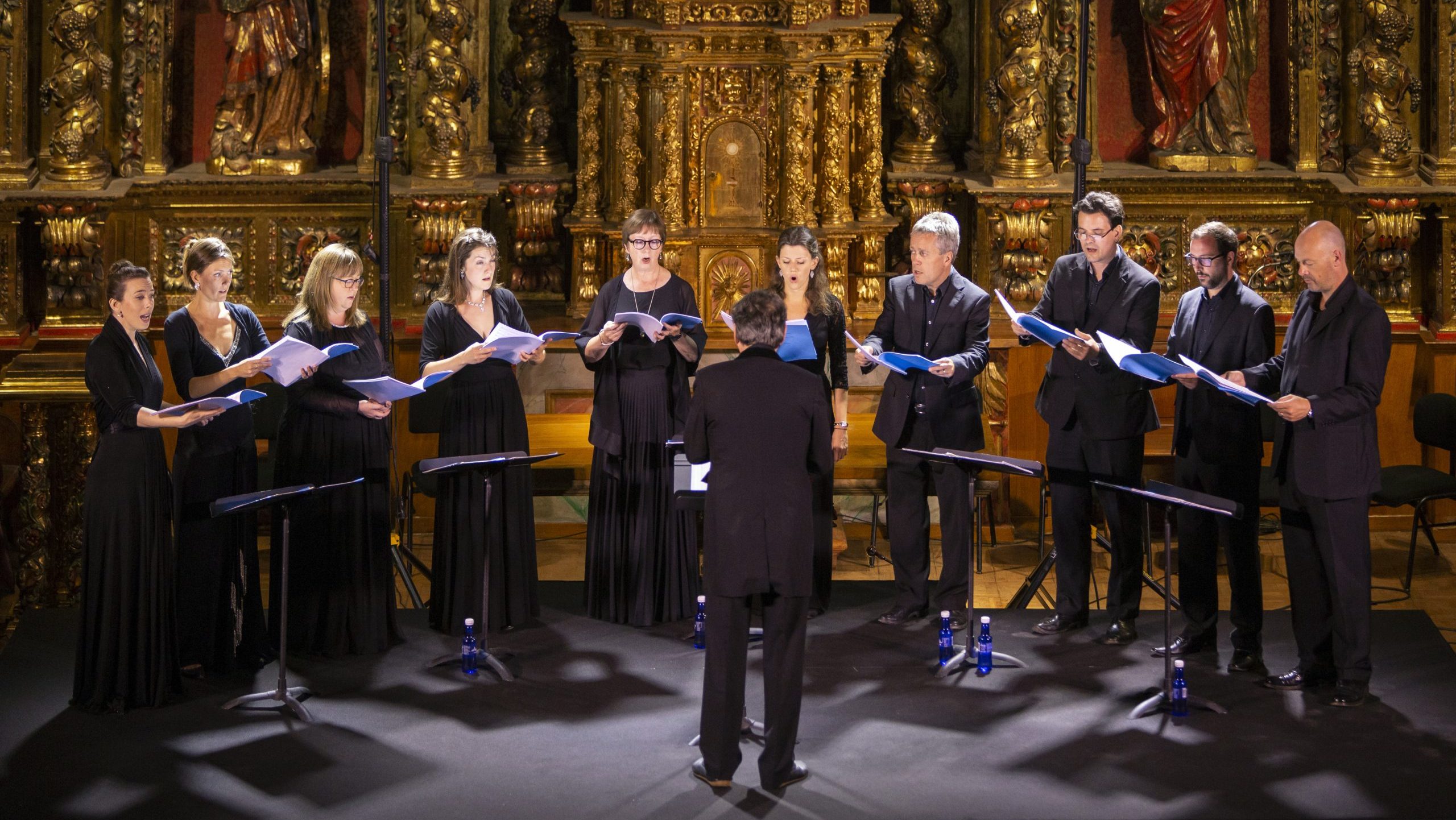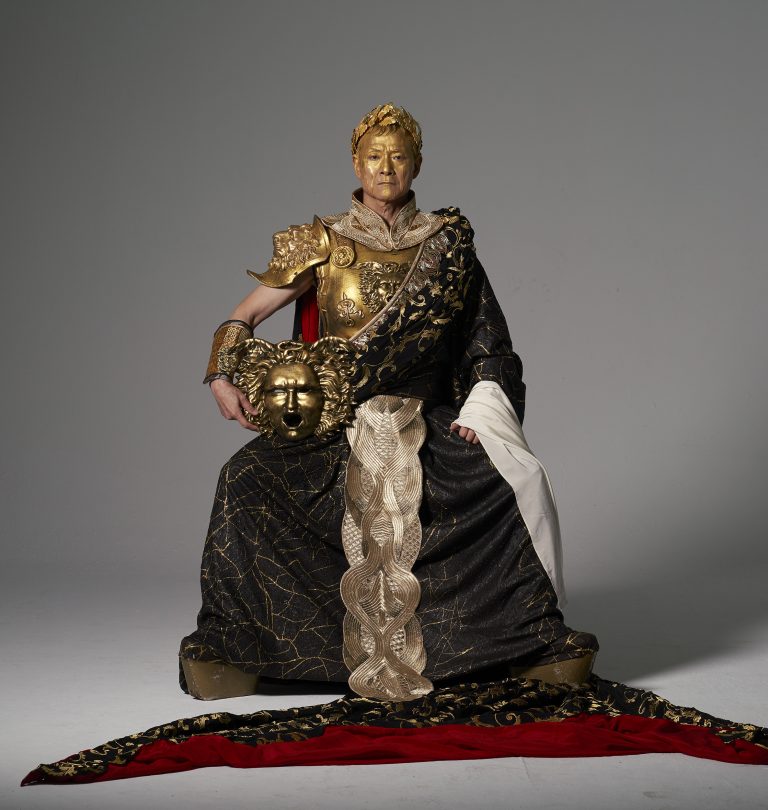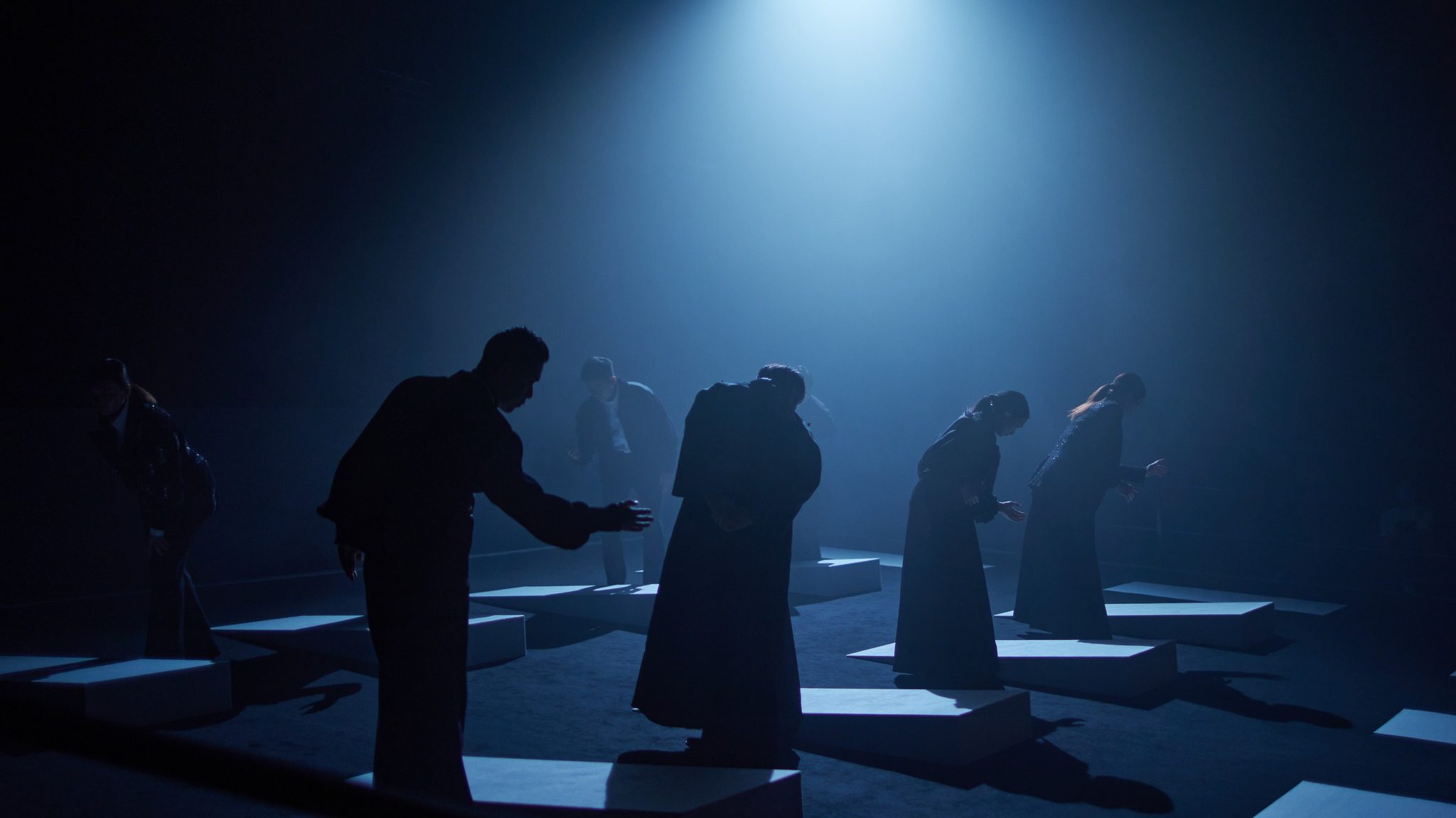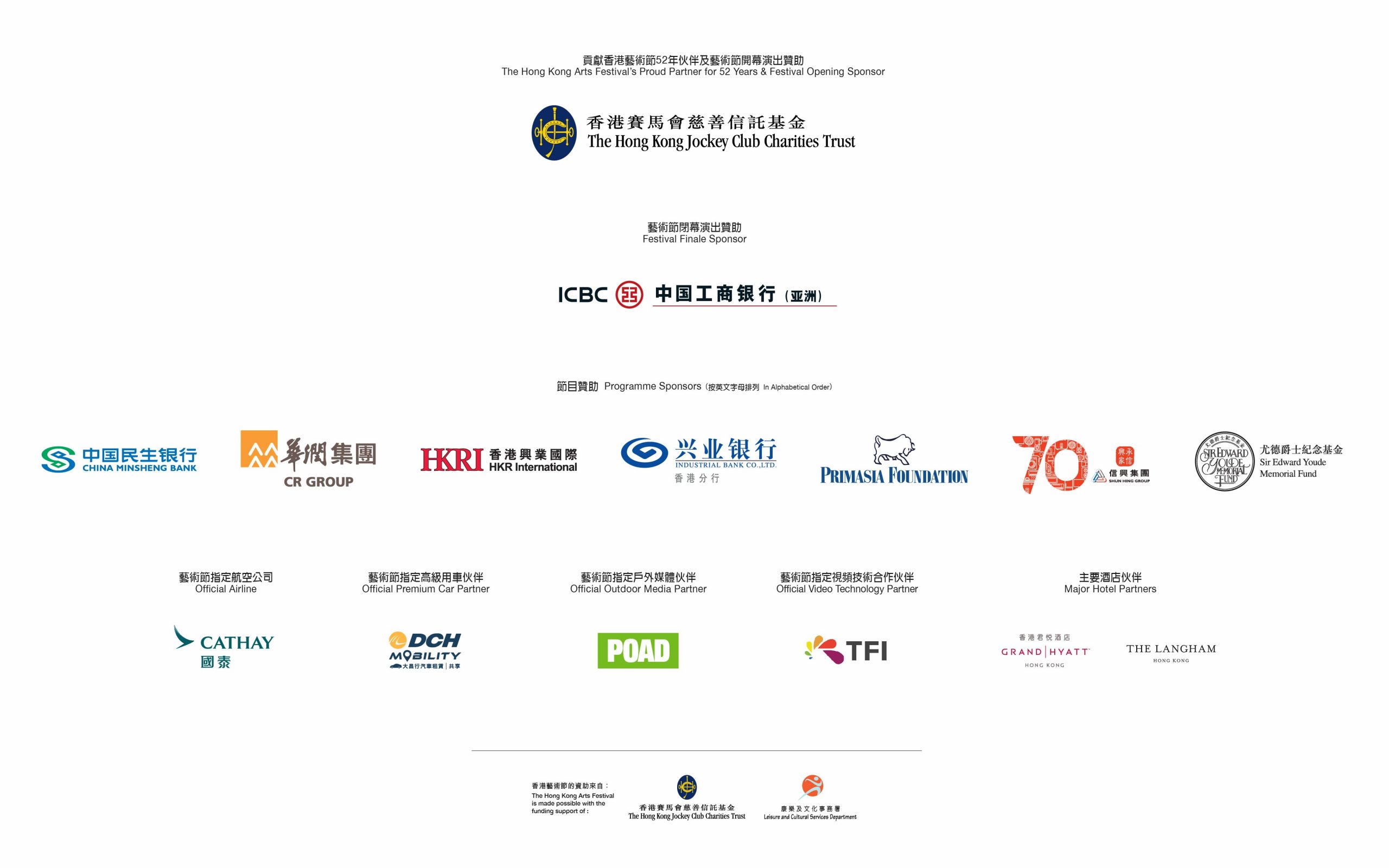The Tallis Scholars have been a guiding light for performers of Renaissance polyphony for the past five decades. Led by director Peter Phillips, the British group has appeared in more than 2,300 concerts worldwide and released over 60 albums. On tour to celebrate their 50th birthday season, The Tallis Scholars will bring three distinct concert programmes to the Hong Kong Arts Festival. In this interview, Peter Philips is joined by two members of The Tallis Scholars to share some insights into their work with local conductor Sanders Lau.
P: Peter Phillips (conductor)
E: Elisabeth Paul (alto)
R: Rob Macdonald (bass)

How did you first become interested in early music, and what drew you to the music of the Renaissance in particular?
P: When I formed the group in 1973, I didn't see what we do as "early music". I just thought of it as music. It was almost coincidental that the early music revolution was well underway then. Excessive vibrato went out of fashion and the public took it up. Orchestras were playing cleaner and we sang cleaner compared to how things were in the '60s. To me, this is just great music. We sang away as well as we could and in the style that suited us. We also worked on discovering wonderful pieces that nobody else was performing.
The Tallis Scholars specialise in Renaissance music, but you also perform by living composers. How do you approach that and how has your repertoire evolved?
P: The inclusion of contemporary pieces is a fairly recent development. It resulted from meeting composers like John Tavener (1944–2013) and Arvo Pärt (b. 1935), and finding out their music works very well alongside earlier music in a concert programme. The composers also thought our sound, which was developed to make Renaissance music interesting, also made their music interesting. This is also why it is important we sing these modern works the same way we approach music by Tallis and Palestrina.

The Tallis Scholars are known for their signature sound. What constitutes that?
P: You want that disciplined sound to be preserved at all costs. Tuning and blending are the basics of that. Then it's really about knowing the music well and interpreting it with a sense of commitment to the audience in front of us.
E: It is also very important to portray the texts clearly to the listeners. We sing works by composers, such as Nico Muhly, who use poetry sensitively in their music. Giving the audience a taste of what we feel when we sing is part of our job.
R: Communication is the key. As singers, we communicate with the audience and with Peter, but it is also done within ourselves in the group as we perform. It really gives life to the music, especially with certain pieces we have performed together many times over the years and know extremely well.
P: Yes, exactly. We always stand in a semi-circle formation and never in two rows. It's crucial for us to be able to see and react to each other. We also keep a very consistent line-up of singers, and we always have two singers on a part. The duo gets very used to singing together and it's all about teamwork.
The Tallis Scholars
Date:16-18 Mar 2024
Venus: Concert Hall, Hong Kong City Hall & The Sanctuary, Methodist International Church
Details:https://www.hk.artsfestival.org/en/programme/The_Tallis_Scholars





